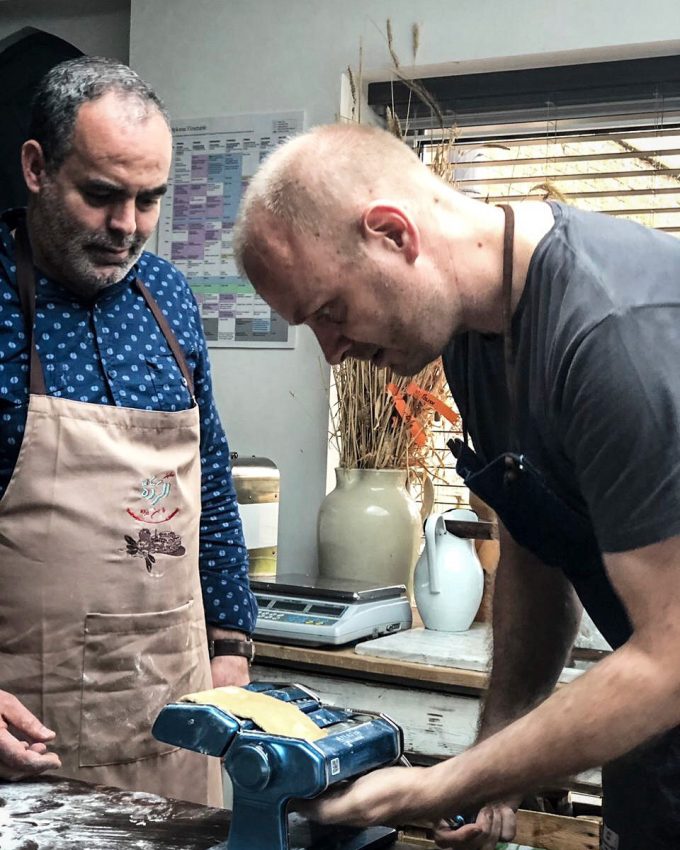 The Sourdough School activities extend far beyond mere baking instruction, sparking systemic change that benefits the community and public health at large. Our programmes facilitate the diffusion of health-enhancing practices throughout the community, promoting wellness, fostering social connection, and uplifting local agriculture.
The Sourdough School activities extend far beyond mere baking instruction, sparking systemic change that benefits the community and public health at large. Our programmes facilitate the diffusion of health-enhancing practices throughout the community, promoting wellness, fostering social connection, and uplifting local agriculture.
A key foundation of our work is the robust evidence base underlying Baking as Lifestyle Medicine (BALM). Our dietary intervention studies have consistently shown the positive impacts of our approach on health outcomes. Participants who followed our BALM regimen experienced meaningful improvements in gut microbiome diversity, increased dietary fibre intake, and reported lower levels of constipation and bloating. Notably, they also reported better sleep and significant enhancements in mental health scores. These findings are scientifically compelling and serve as powerful testimonies to the transformative potential of BALM on individuals’ health and well-being.
Furthermore, baking can serve as a profoundly empowering and connecting activity. It is an affordable source of nutrition that offers therapeutic benefits, instils a sense of purpose, and fosters community connection. The ‘bake two, share one principle encourages individuals to actively contribute to the health of their community, thereby reducing social isolation and fostering a stronger sense of communal support and belonging.
Our focus on regenerative agriculture and local sourcing further amplifies the benefits to the community. By championing these practices, we support local farmers and biodiversity and contribute to the larger movement toward sustainable food systems. Using local, high-quality, and sustainable ingredients benefits all stages of the food chain, from the soil to the consumer, leading to healthier ecosystems and healthier people.
For healthcare professionals and the National Health Service (NHS), the empowerment model of BALM presents an innovative approach to wellness that goes beyond traditional medicine. It presents a proactive, preventive health strategy, potentially reducing strain on healthcare resources by promoting long-term health through diet and lifestyle change.

